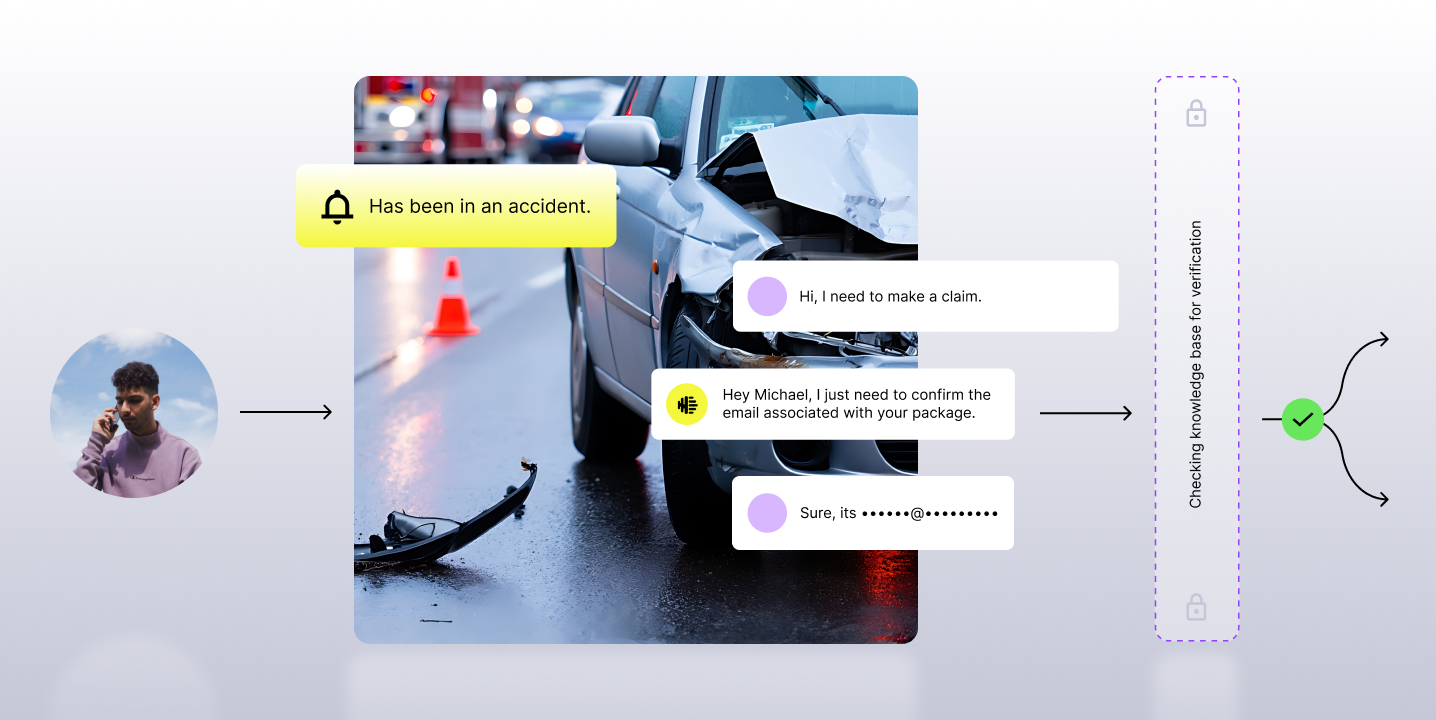This article was originally published in Forbes.
The Covid-19 pandemic has radically transformed the contact center over the past 12 months, from front-line agents all the way up to senior leadership. Contact center leaders have found themselves at a much bigger seat at the table, sharing valuable data- and insight-driven findings across their organizations.
For organizations that were already deeply integrated with artificial intelligence services, managing the rapid transition and business continuity challenges brought on by the pandemic was more seamless. For those that hadn’t invested in AI technology, the pandemic served as an accelerant and opportunity to drive change.
Regardless of how long our post-pandemic recovery lasts, as the co-founder of a company that provides contact center AI, I believe AI will continue to disrupt and shape the contact center and customer experience.

We don’t need more tools. We need better coaching
Agents have a direct and significant impact on the customer experience, and as a result, many contact centers live by the idea that employee experience equals customer experience. Yet, quality analysts and supervisors are where I've found the most turnover often occurs in a contact center, and these employees need to be empowered to build, assess and motivate teams.
In my experience, supervisors don't always have much visibility into agent activity and performance due to the use of siloed tools and processes. After all, having more tools does not necessarily mean seeing better results. It’s how you use them that matters.
Leveraging AI effectively might help
Services built around interactions themselves give organizations the ability to better identify and train agents on the most timely and relevant coaching opportunities. In a traditional contact center, supervisors can walk the floors and get a basic understanding of agents’ performance and attitudes. But in a remote contact center world, this becomes seemingly impossible.
This is why some call centers might choose to use an AI-driven coaching program, as these can help agents learn new skills to build a better rapport with customers, as well as handle more complex queries. (Full disclosure: My company offers these types of programs, as do others.) For supervisors and analysts, these programs can help them focus on improving or amplifying the most critical agent behaviors; at the overall contact center level, leaders can look at trends among agents and teams over time, as well as evaluate what types of coaching improvements are driving progress in overall customer experience metrics.
But, there are challenges to consider
Whether you'll be successful in leveraging these types of solutions rests on the quality of your data. To inform you how you coach individual agents, ensure you have visibility into how every agent is performing. Otherwise, you won't be able to custom tailor your coaching sessions, and you instead risk repetitive or unimpactful programs.
Additionally, keep in mind that conversation scoring programs can be inconsistent due to the simple fact that people are different, and the decision of what conversations to analyze and evaluate is a very different experience based on who the supervisor is. Subjectivity also comes into play when only a small number of interactions are being evaluated. An agent could have had a particularly bad day that looks even worse without the context of their entire conversation record.
Overcoming these common problems requires new workflows. When conversation intelligence tools merge with workforce engagement tools, teams can leverage data and insights in real time to enable their agents to thrive. And empowered agents can drive better customer engagement and satisfaction.
That being said, you might have heard of Gartner’s “Trough of Disillusionment,” which refers to investing in new technology "just because it is being hyped." While it would be convenient for me to claim that contact center AI is the thing that will transform the industry, investing in new tech isn't always the answer.
Technology for technology’s sake doesn’t help. On average, companies waste 37% of their software spend on unused platforms. Some of the barriers to using AI solutions in a contact center might feel big, but the majority of challenges can be overcome if leaders think about some key questions:
• Does the technology provide value?
• Is it easy to use? For the decision-maker, it can be easy to fall into the trap of looking at a solution's capabilities without considering usability. A lot of technology is hard, so look for a solution that you and your team feel comfortable using.
• Is it accurate? You can’t make business decisions based on data that is unreliable. Your team simply won’t trust it, and in turn, you might spend more time debating the data than putting it into action.
At the end of the day, improving CX is about your people
While AI has improved to the point where businesses can move from gathering insights about what’s happened to offering performance feedback, it’s important to recognize that contact center agents are not overhead; they are brand representatives and growth drivers for the future.
This means you need to treat them as such. Targeted skills development, personalized coaching and empathy are all things you can do without AI. The success of coaching programs rests in being able to engage employees when they need help.
For example, if you noticed that one of your agents didn't have an adequate response to a customer's query, you could say, "Here’s what the customer asked, and here’s how you responded. What could you have done differently?" Or, you could be proactive when a situation doesn’t go as expected by asking, "What precautions can we take to effectively deal with the situation in the future?"
When navigating these coaching discussions, focus on the why. Don't just tell agents what to do; empathize with them, and explain to them why they should do it. When you treat people respectfully, you offer the opportunity for authentic connections with your teams and with your customers.

















